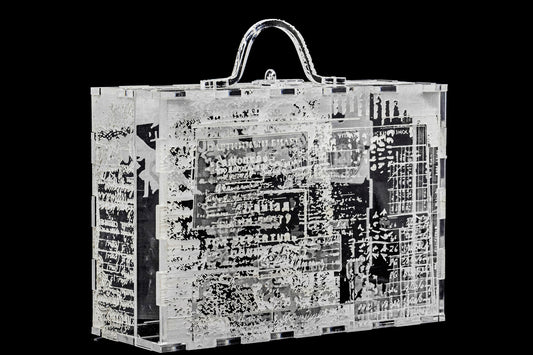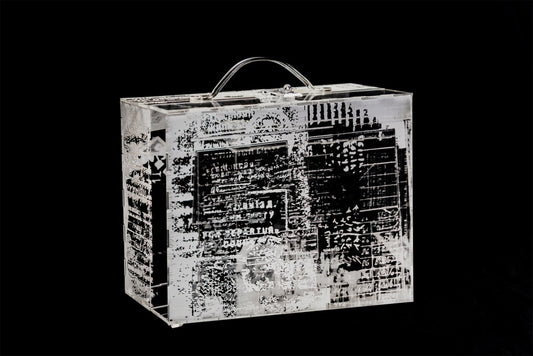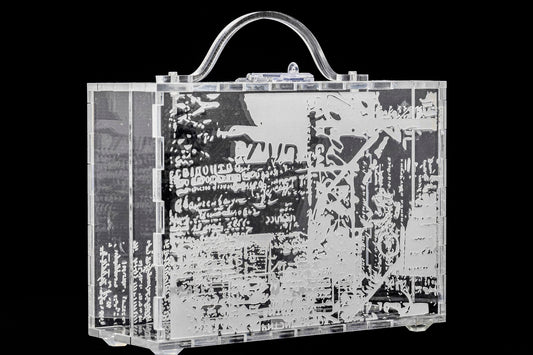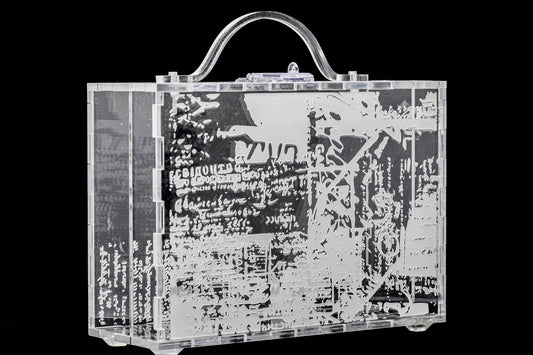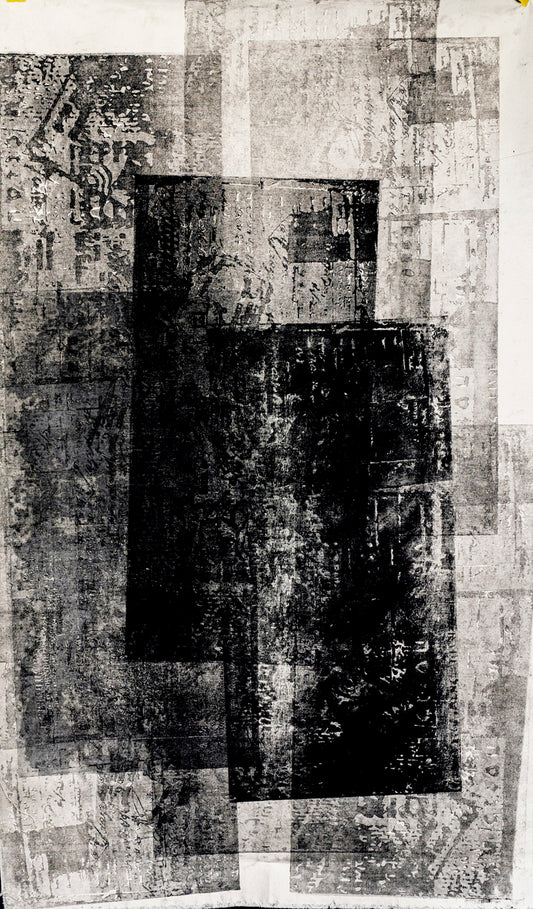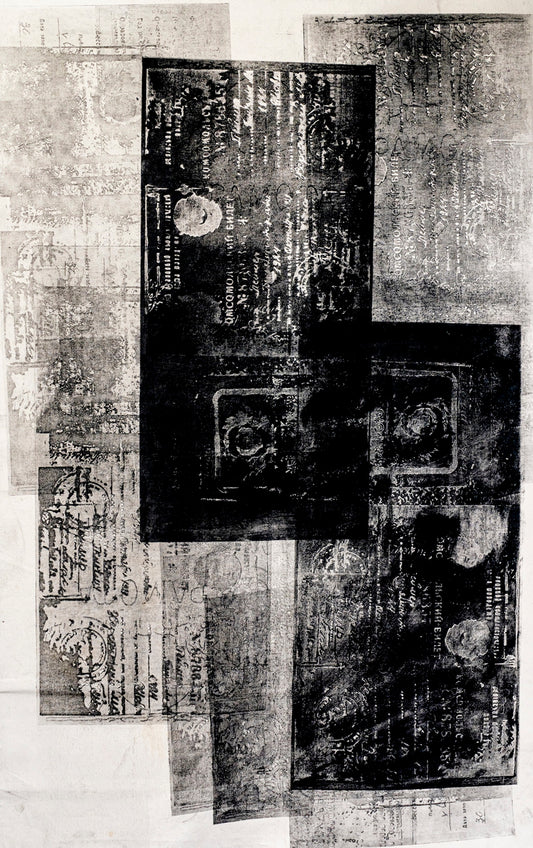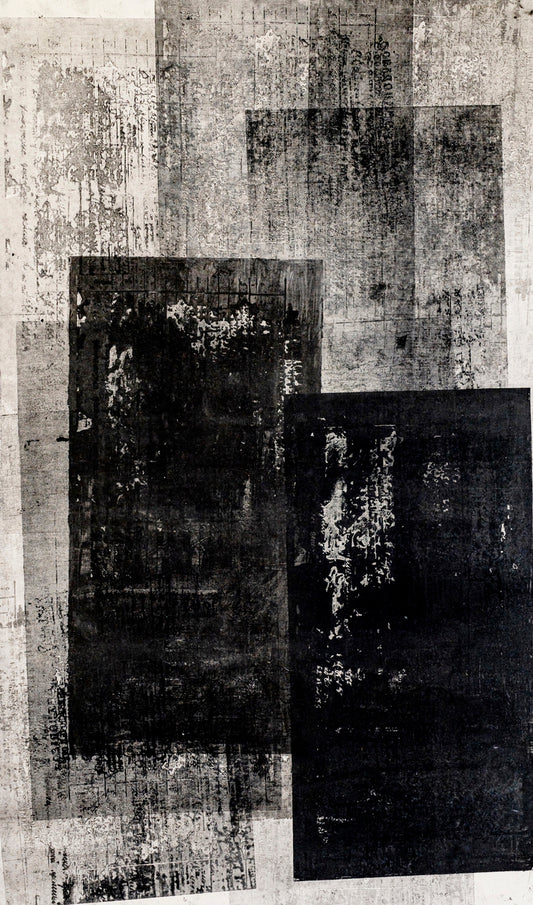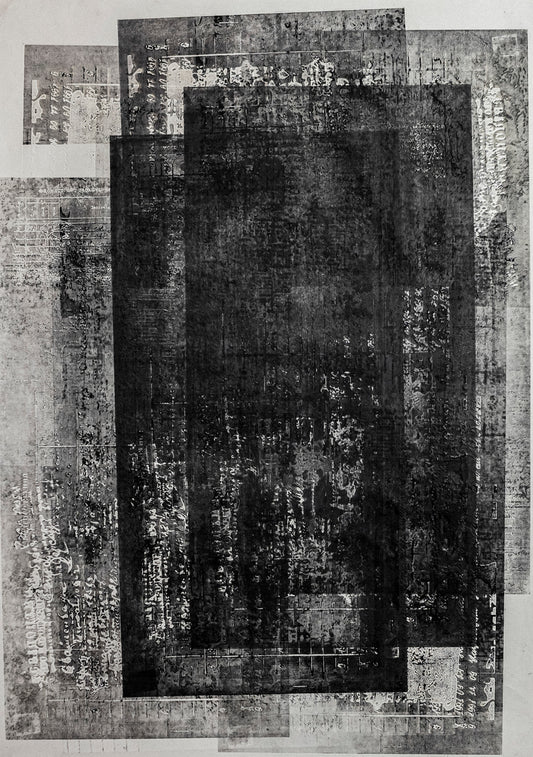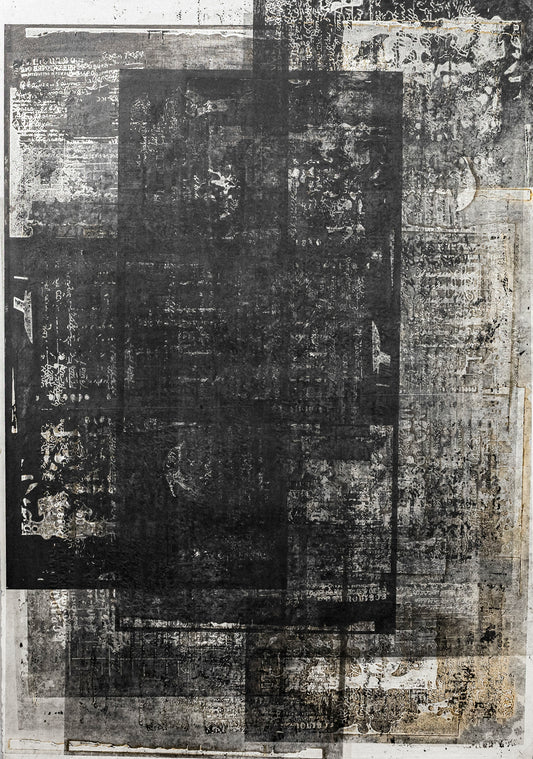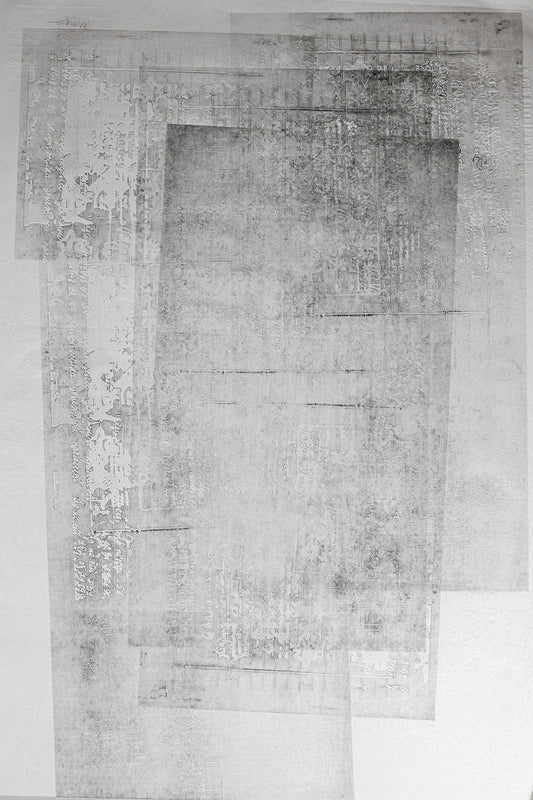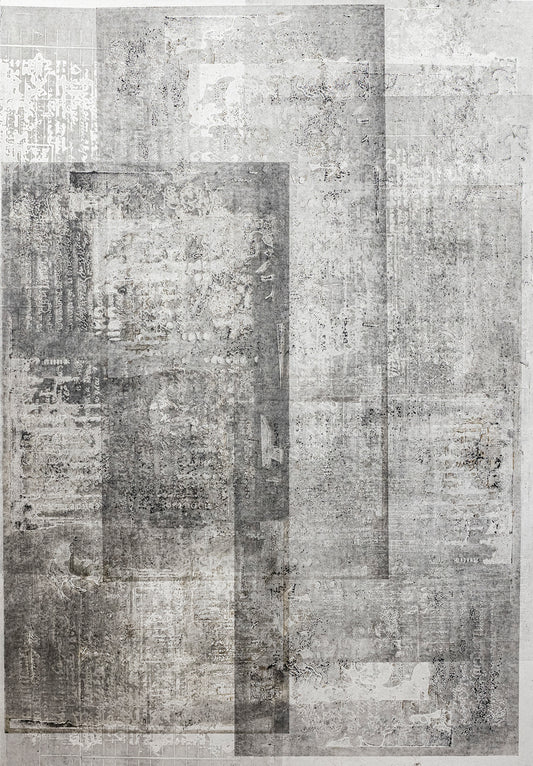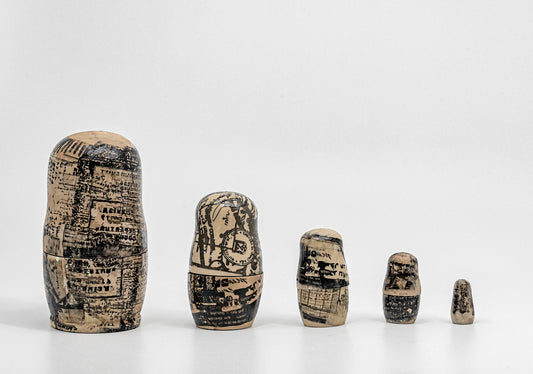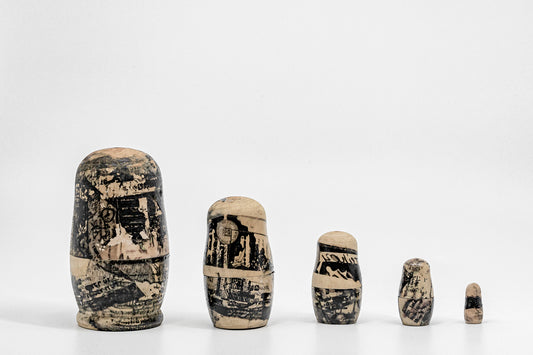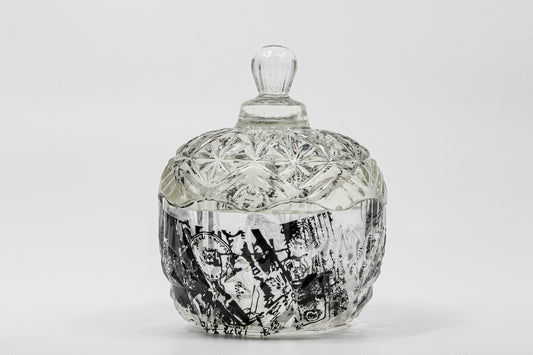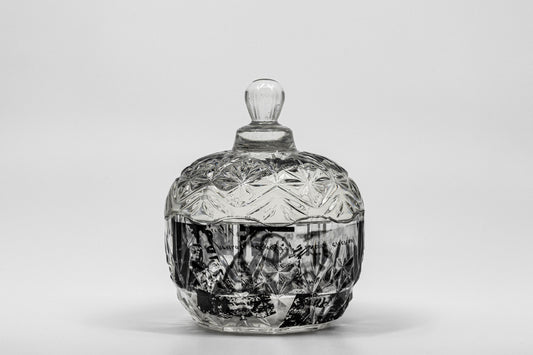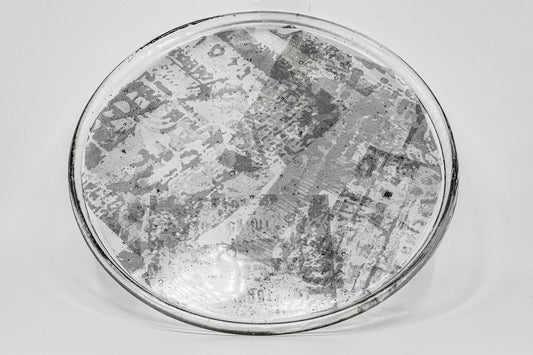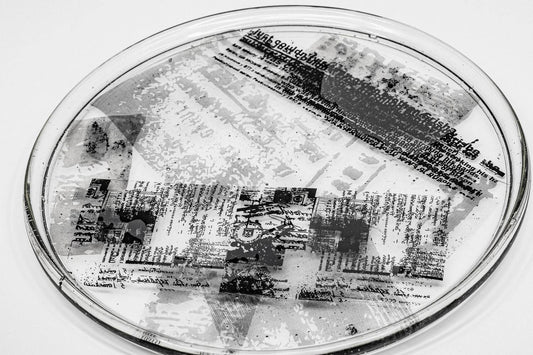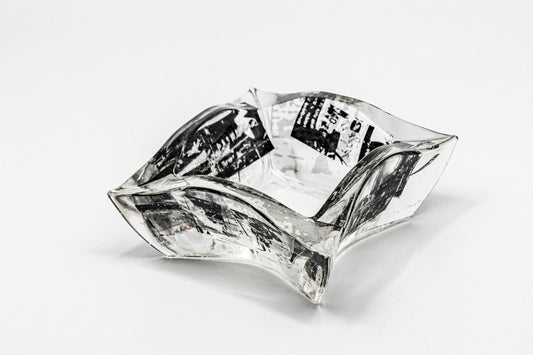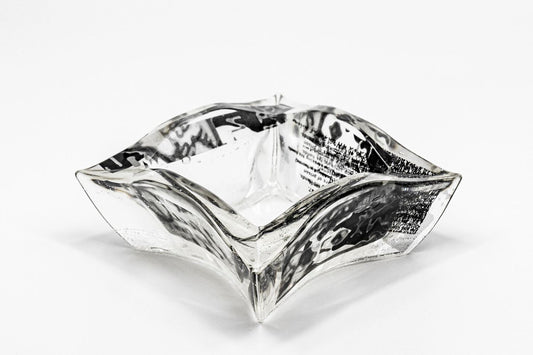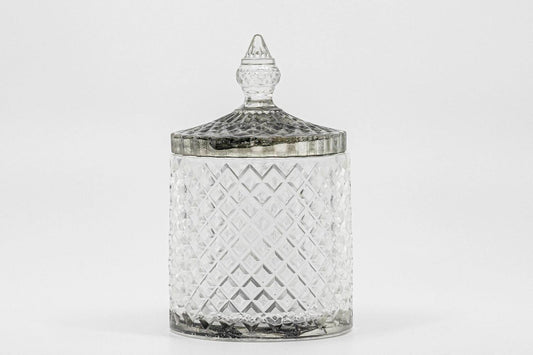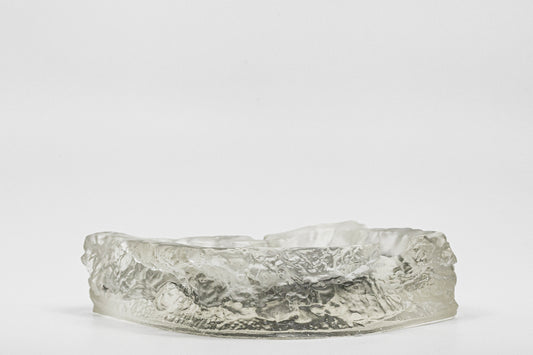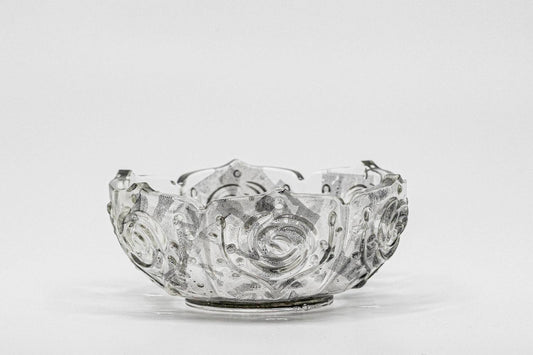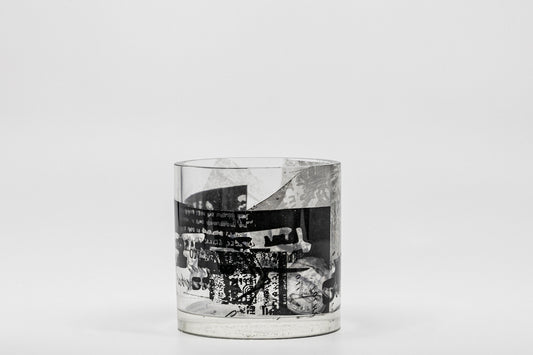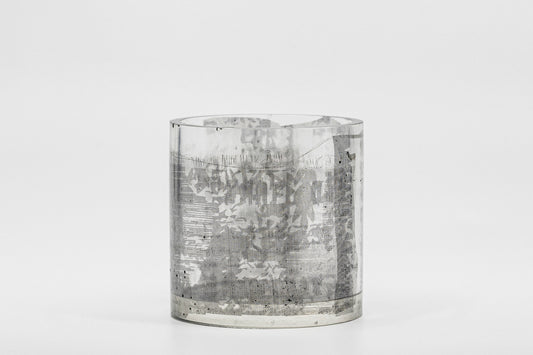I struggle to say where I am from. I am from many places, and I have always wanted to belong, to have a place to call home. I was born in Ukraine, repatriated to Israel and then immigrated to Canada. I am Nova Scotian; however, I have other cultural identities, which interact with each other and make me who I am.
Artist Margarita Fainshtein is interested in the motion of Time, History, Memory, Erasure and Culture. She is attentive to what happens at the intersection of these concepts when applied to cultures and generations crossing. How do immigration and other cultural notions interact with political, social, and cultural infrastructures? How are political movements connected to an individual’s history, which in turn forms a global history? She is interested in the immigration/migration of the individual, transferring it into global motion, which the audience (public) can translate into becoming part of the project visually, emotionally, and conceptually.
For her work, Fainshtein collects identification documents of her multi-generational family from around the world and reproduces them, sorting them into groups and layering them using printmaking and etching techniques. She is aware of language as an object, a representational tool of culture and memory. Through the printmaking process, she creates relief prints that combine to build a new unified identity. By enlarging the prints, she makes them monumental, telling not just her personal story, but the stories of those who have also lost their identities during the process of changing countries and looking for a safe place.
Examples of her work include plexi suitcases etched with documents including a Communistic party ticket, former USSR passport and identity cards, posing the question of how they inhibit, control, or otherwise determine one's identity when region, locale, or nationality are suspended because of a Jewish identity in the early 20th century. Three loosely hanging canvases also are imprinted with legal identification documents, such as passports and immigration documents, reminding one of hanging laundry, and creating a nostalgic atmosphere of safety that invites viewers to move between and experience layers of history.
Fainshtein holds an MFA from the School of the Art Institute of Chicago and a BFA from the University of Haifa, Israel. She has pursued additional studies at NSCAD University, Halifax NS. Her exhibitions include one upcoming at The Artists House, Jerusalem, Israel, and in 2021 at the Ukrainian Institute of Modern Art, Chicago (duo exhibition). Her work has been exhibited in various locations in the US, Israel and Canada. She is a recipient of grants and awards from the Art Institute of Chicago and the Municipality of Haifa. She is currently an instructor of art in the International Baccalaureate program at the Halifax Grammar School, Nova Scotia.
Artist Margarita Fainshtein is interested in the motion of Time, History, Memory, Erasure and Culture. She is attentive to what happens at the intersection of these concepts when applied to cultures and generations crossing. How do immigration and other cultural notions interact with political, social, and cultural infrastructures? How are political movements connected to an individual’s history, which in turn forms a global history? She is interested in the immigration/migration of the individual, transferring it into global motion, which the audience (public) can translate into becoming part of the project visually, emotionally, and conceptually.
For her work, Fainshtein collects identification documents of her multi-generational family from around the world and reproduces them, sorting them into groups and layering them using printmaking and etching techniques. She is aware of language as an object, a representational tool of culture and memory. Through the printmaking process, she creates relief prints that combine to build a new unified identity. By enlarging the prints, she makes them monumental, telling not just her personal story, but the stories of those who have also lost their identities during the process of changing countries and looking for a safe place.
Examples of her work include plexi suitcases etched with documents including a Communistic party ticket, former USSR passport and identity cards, posing the question of how they inhibit, control, or otherwise determine one's identity when region, locale, or nationality are suspended because of a Jewish identity in the early 20th century. Three loosely hanging canvases also are imprinted with legal identification documents, such as passports and immigration documents, reminding one of hanging laundry, and creating a nostalgic atmosphere of safety that invites viewers to move between and experience layers of history.
Fainshtein holds an MFA from the School of the Art Institute of Chicago and a BFA from the University of Haifa, Israel. She has pursued additional studies at NSCAD University, Halifax NS. Her exhibitions include one upcoming at The Artists House, Jerusalem, Israel, and in 2021 at the Ukrainian Institute of Modern Art, Chicago (duo exhibition). Her work has been exhibited in various locations in the US, Israel and Canada. She is a recipient of grants and awards from the Art Institute of Chicago and the Municipality of Haifa. She is currently an instructor of art in the International Baccalaureate program at the Halifax Grammar School, Nova Scotia.
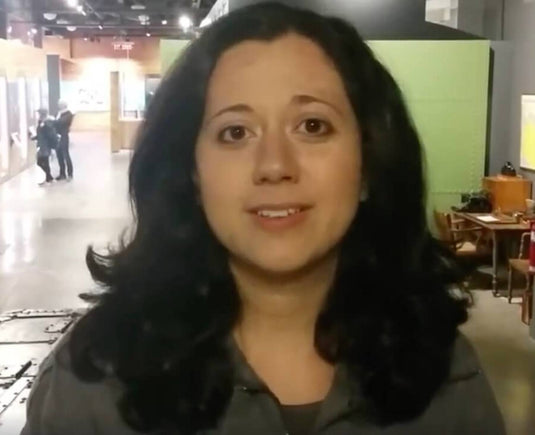 Margarita Fainshtein
Margarita Fainshtein
